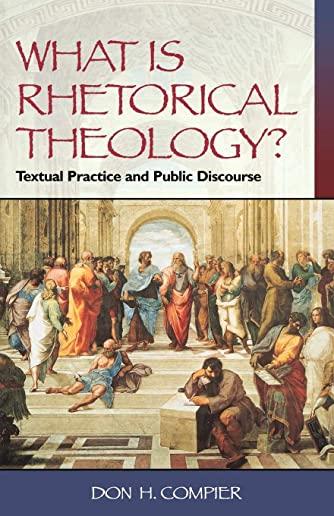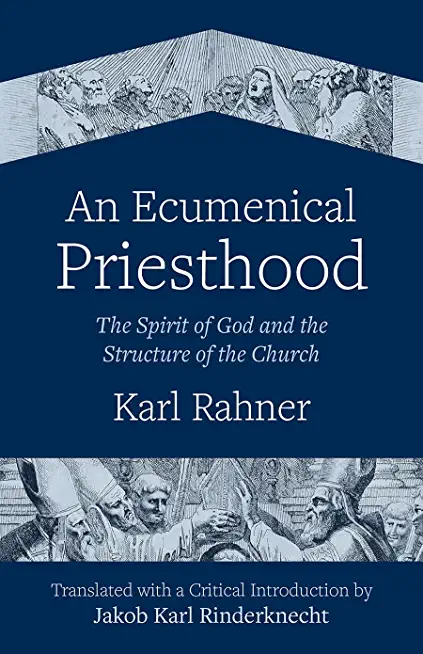
Compier, Don
product information
description
2What Is Rhetorical Theology? covers the tradition of classical rhetoric, especially as practiced by the Roman orators. It considers the appropriation of this heritage in Augustine's On Christian Doctrine and the influence that important work had on Christian theology in the West. After describing how modern scholarship has tended to view rhetoric with deep suspicion, the book summarizes the retrieval of persuasive discourse in many academic disciplines and the influence of this movement on contemporary theologians such as David Tracy, David Cunningham, and Rebecca Chopp. In addition, What Is Rhetorical Theology? offers it own constructive proposal, that is, it argues that the theological task today may be described as rhetorical hermeneutics. With the help of literary critics such as Steven Mailloux and Jane Tompkins, the author develops a practical and "interested" approach to the interpretation of classical Christian texts, thereby allowing them to speak to our contemporary concerns. The book also presents an epistemological defense of the rhetorical approach to reading as a middle way between objectivism and relativism, a section that serves as a helpful introduction to current debates about postmodern thought. Finally, the book illustrates the rhetorical method by applying it to a doctrine of sin in the form of a constructive dialogue between critical theory and the Christian theological past. Don H. Compier is Associate Professor of Theology at the Church Divinity School of the Pacific and a member of the core doctoral faculty of the Graduate Theological Union.
member goods
No member items were found under this heading.
listens & views

SINGS AMERICAN CYCLES & SETS
by SPERRY,PAUL / WILSON / TALMA / BERG
COMPACT DISCout of stock
$14.75
Return Policy
All sales are final
Shipping
No special shipping considerations available.
Shipping fees determined at checkout.






